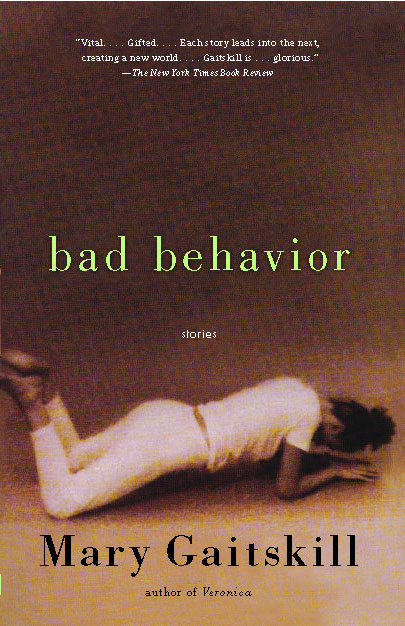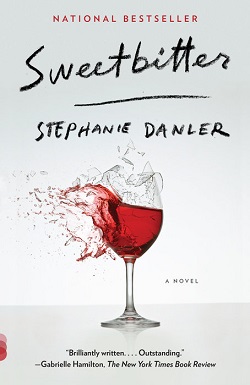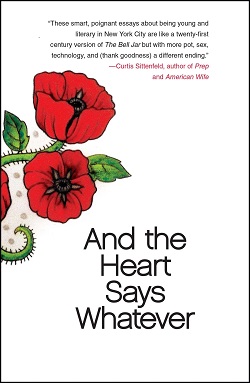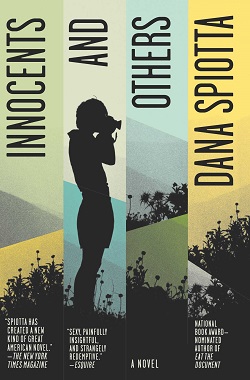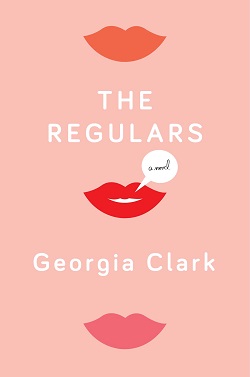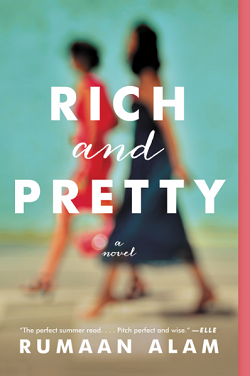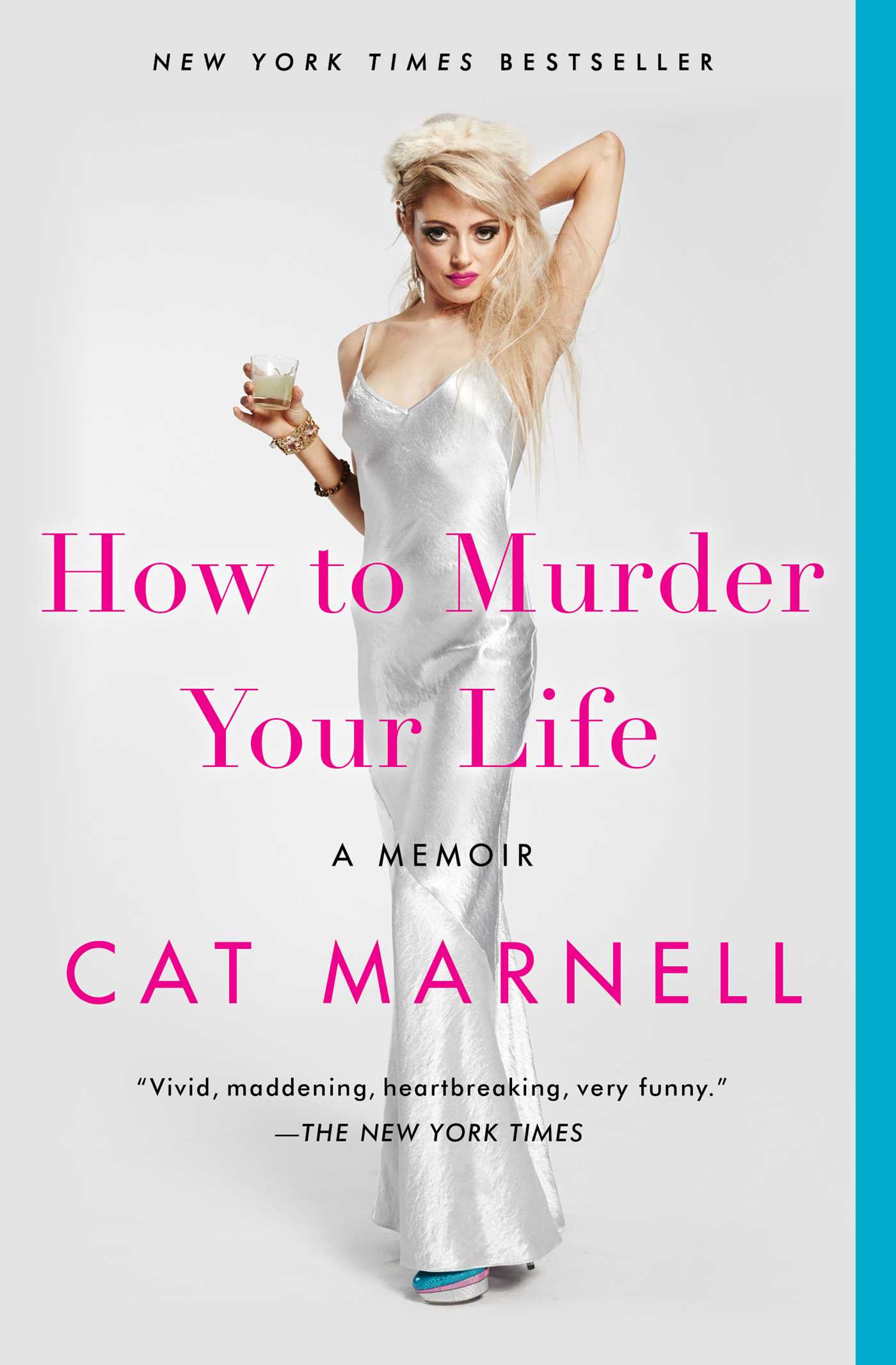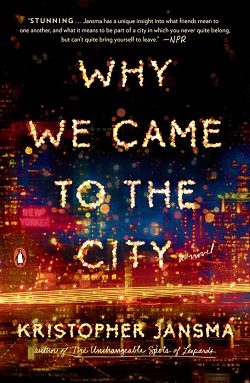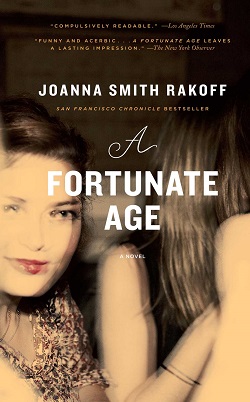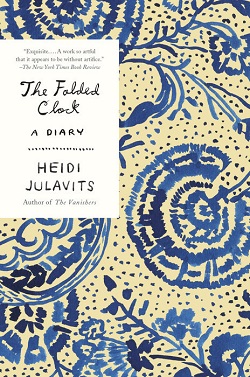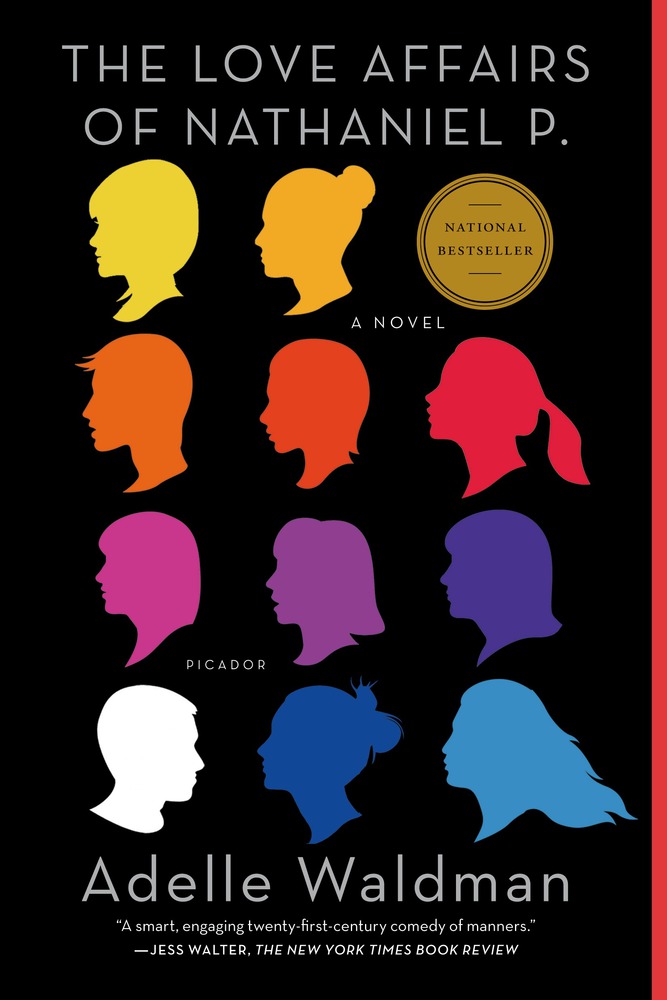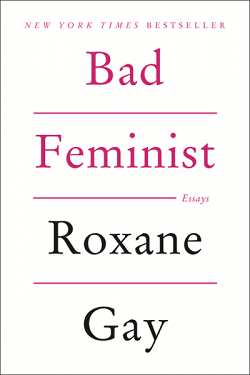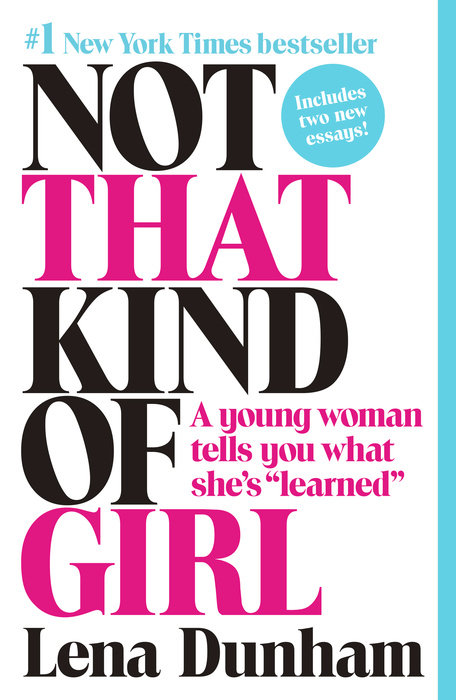Though it’s experienced its fair share of controversy, Lena Dunham’s television series “Girls” profoundly changed the way we see and discuss women on-screen. Portraying the good, bad, and ugly of postgraduate city life—from failed relationships to body image issues and millennial malaise—the show inspired a new generation of writers—and readers—to bare all. The show has come to an end, but if you find yourself missing the wit and wisdom of Hannah Horvath, here are some books that will help you cope.

We’ll Always Have Brooklyn: 13 Books to Get You Through Your Post-“Girls” Funk
Before she was a literary legend, Mary Gaitskill was a young woman writing about her life, resulting in this remarkable collection of stories about dislocation, rebellion, longing, desire, and disenchantment. Set on the Lower East Side and peppered with a diverse, fascinating cast of characters ordinary and not, it’s a must-read for any Dunham disciple.
This book, with its iconic paperback cover (a woman facedown, possibly falling, maybe pounding at the floor) was in every college dorm bookshelf in the late 1980s/early 1990s. If you wanted to be a writer, you read Mary Gaitskill’s pitch-black, edgy, creepy tales about men and women behaving badly, and you wondered if this was the real world, or just an especially dark version of it.
Coming of age in New York City is a tale as old as time, but somehow Danler makes it all new in SWEETBITTER. The novel centers around Tess, a twentysomething who lands a job working at a well-known downtown restaurant and receives an education like no other, filled with chaos and champagne, dive bars and dining rooms, adrenaline and ambition.
Read with a Glass of Rosé
If you want to experience a wild life vicariously, just sit down with a nice glass of chilled rosé and enjoy SWEETBITTER. Stephanie Danler’s debut gives a peek into the world of a twentysomething who’s just landed a job at a downtown New York City restaurant with a pricey wine menu. It’s there that she learns important lessons about wine, about love, and about the world.
MENTIONED IN:
Before Hannah Horvath was the self-proclaimed voice of her generation, Emily Gould was the owner of the phrase, working at the infamous website Gawker as a writer and editor. In this collection of essays, she tells the real truth about becoming an adult in New York City—failing at pet parenthood, dating the wrong men, and finding a new life (even when your old one is just a couple of subway stops away).
Meadow and Carrie have everything in common—except their views on sex, power, moviemaking, and morality. Their friendship is complicated, but their devotion to each other trumps their wildly different approaches to filmmaking and to life, much like the oft-contentious relationships between the characters in Dunham’s “Girls.” Throughout the novel, the women grapple with the question of how to be good: a good lover, a good friend, a good mother, a good artist.
Best friends Evie, Krista, and Willow are just trying to make it through their midtwenties in New York. By all accounts, they’re average—online dating, paying rent, trying to climb the corporate ladder. That is, until they come across Pretty, a magic tincture that makes them gorgeous. As doors open, however, they soon discover a dark side to the life of a modern-day Cinderella and must choose what they’re willing to sacrifice to stand out.
Sarah, the only child of a wealthy couple, works at a charity and is planning her dream wedding. Lauren, single and working in publishing, has been her best friend for years. Though they care for each other, they are equal parts envious of and horrified by the life the other leads. RICH AND PRETTY perfectly captures the feeling of knowing a friend forever, and one day turning around to wonder: Is it a real connection or just force of habit that keeps friends together?
At 26, Cat Marnell was an associate beauty editor at one of the top magazines in America—and hiding a secret life of partying and prescription drug abuse. In this unflinchingly honest, darkly humorous, and deeply troubling memoir, she takes the reader through a roller-coaster ride of visits to uptown doctors’ offices, downtown nightclubs, suburban rehabs, and the gilded offices of the fashion world, highlighting the chaos and seduction of the glamorous life.
Those familiar with Cat Marnell from XO Jane, or her stint at Vice magazine will recognize her drug-fueled, eating-disordered, wildly kinetic writing; and those who’ve never heard her name before might have to put this memoir down between chapters and take a breather. Either way, Marnell’s viscerally unglamorous glamorous life of privileged addiction is laid bare in her trademark brutally honest, self-deprecating, name-dropping way. You’ll be rooting for her.
Five years after their college graduation, five friends are just as close as ever while navigating their ever-shifting relationships with each other and the city they live in. But when a devastating revelation blows their realities apart, they are forced to reexamine their lives, aspirations, and paths and do the unthinkable—grow up. If you loved the idea of New York as a character in “Girls,” this one is for you.
I’m a huge fan of what I call “group novels”—books that focus on a few people, usually friends, in a specific place and over a specific period of time. Mary McCarthy, Meg Wolitzer, and Kathleen Alcott are among my favorites, and this past year, Kristopher Jansma joined the fray. Set in New York in the early years of the financial crisis, WHY WE CAME TO THE CITY follows a group of college friends after graduation, and presents some of the most honest and beautiful portraits of relationships I’ve ever read (just read the first chapter—it’s insane). This novel is an unflinching, heartbreaking, and somehow uplifting story about how people change your life as everything else changes around you, and about how a place can do the same. —Julianna
To our knowledge, A FORTUNATE AGE has never been connected to “Girls” as source material, but aside from Dunham’s own life story, it’s the closest you’ll get. Four Oberlin graduates move to Brooklyn during the late 1990s and experience the ups and downs of adulthood against a changing economic and political world.
If “Girls” has taught us anything, it’s that sometimes life isn’t made for television. There are mundane moments, ugly fights, and things that happen to us that we don’t realize matter until much further down the road. In THE FOLDED CLOCK, Heidi Julavits keeps a diary as a fortysomething wife, mother, and writer, documenting moments large and small. The result is an intelligent, interesting look into the daily life of a modern woman.
Though the girls always take center stage on Dunham’s show, the men in their lives play just as important a role. Adelle Waldman’s funny and at times frustrating novel about Nate Piven is perfect for those looking to get into the head of the Adams and Desis of the real world. As Nate moves through professional and personal successes and failures, the reader is given fantastic insight into the contemporary male psyche.
Adelle Waldman’s witty debut is one of Kaling’s all-time favorites. Nate Piven is a rising star who has to balance both magazine assignments and women. With tough-minded intelligence and wry good humor THE LOVE AFFAIRS OF NATHANIEL P. is an absorbing look at what one man really thinks about women, sex, and love.
MENTIONED IN:
“Girls’” main mission was to create an honest portrait of the contemporary woman, and Roxane Gay’s blockbuster collection of essays is the perfect literary equivalent. In BAD FEMINIST she explores the complexities of being a modern woman and asks the big questions, like whether it’s possible to be a feminist and still love “The Bachelor,” or how it’s possible that women of color are still massively underrepresented in popular culture when they play such a significant role in its evolution.
In these sharp, funny, and insightful essays from one of the most-watched young cultural observers of her generation, Roxane Gay takes us through the journey of her evolution as a woman of color and comments on the state of feminism today. The portrait that emerges is not only of an incredibly insightful woman continually growing to understand herself and our society, but an inspiring call to arms of all the ways we still need to do better.
Once you’re done binge-watching the series, revisit the book from the creator herself. In the same honest and original way Hannah Horvath sees the world, so does Dunham, whose stories and essays on falling in love, feeling alone, being healthy (or not), and having the courage to tell your story perfectly capture the spirit of the show.
Lena Dunham’s first book of essays about life, love, and personal neuroses is dedicated to Nora, her mentor and friend, and the woman she says inspired her writing and film career. If anyone has come close to becoming the New Nora, it’s Dunham. Another must-read is her remembrance of Nora in The New Yorker.

